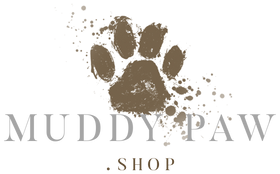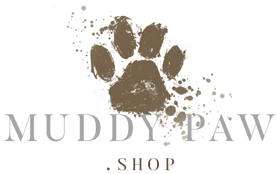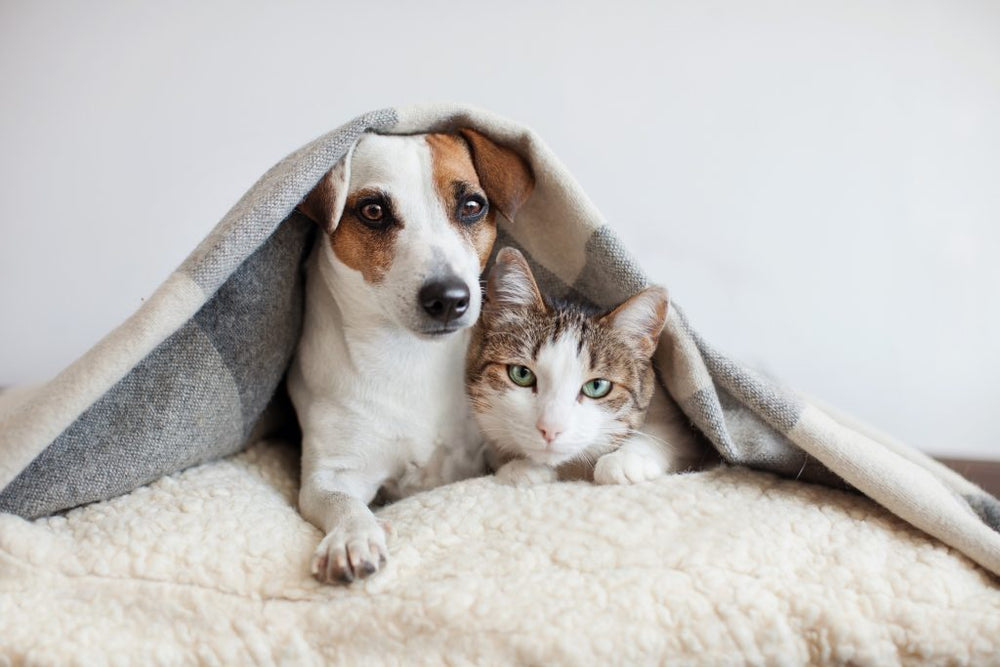How To Keep Your Pets Safe in Christmas Holidays
Christmas and New Year are just around the corner. We all love to spend this time of year with family and friends; overindulging on goodies such as BBQ’s, roasts, chocolate and plum pudding just to name a few.We know your fur babies
will be right by your side during the festivities, so we thought it was time for a reminder on potentially harmful foods, treats and hazards for your pet.

Christmas Decorations
Christmas trees are a wonderful reminder of the festivities ahead and decorating them can be fun for the whole family.
However, you need to take care about your pet to eat these ornaments.
This is a problem throughout the year with all different breeds, as there seems to be no rhyme or reason to what they will ingest.

X-ray of dog that swallowed a Christmas ornament
Christmas tree ornaments, batteries, bows/ribbon on presents, string/cooking twine and tinsel are probably the most commonly ingested items but as you can see from this X-ray:

X-ray of dog who swallowed metal pins
Even the things you would never expect an animal to eat can be a hazard. This silly pup ate a Xmas tree of chocolates that was held together by pins. In total 28 pins were removed from this little guy’s stomach. He recovered well but his poor family had a very stressful Christmas.
Keep decorations and wrapping materials in sturdy sealed containers when not in use, and place a puppy gate or some other sort of barrier between your pets and the Christmas Tree (bonus: this will also deter overly curious children from prematurely opening their presents!).
If you are worried that your pet has ingested something they shouldn’t have, the best thing to do is get them to your local vet ASAP. They can be made to vomit under supervision or have an X-ray taken to investigate and only then the safest steps can be taken to remove the offending object/s.
NEVER attempt to make your pet vomit at home! Despite ‘how to’ options on Dr Google, there are too many risks associated with causing pneumonia, salt intoxication or oesophageal damage. Vomiting should always be induced under veterinary supervision.
Also, some tips to keep your tree pet-friendly:
- Secure your tree – unbalanced trees can cause injuries to your pet
- Protect from soil – don’t let pets eat the soil or water around your tree
- Tinsel and decorations – cats and dogs love decorations, but chewing and playing can quickly turn into swallowing. This can lead to vomiting, dehydration, gastrointestinal obstruction and in the worst case, surgery. Ensure these ornaments are always out of reach
- Wires and batteries – keep these out of reach too! Chewed batteries can lead to burns of the mouth and oesophagus
- Wrapped presents – any food under your tree can be sniffed out and snacked on late at night, meaning potential distress or sickness for your pet and disappointment for young children too!
What’s Off the Table?
There will be lots of delicious food on the table this time of year and whilst it is tempting to give these to your pet, prevention is better than cure! Here are some common examples of household toxins.
- Chocolate – containing the toxic ingredients theobromine and caffeine, eating chocolate can lead to serious illness in your pet, including vomiting diarrhoea, and even seizures, heart abnormalities and death.
- Anything sweet – fine for you maybe, but artificial sweeteners can lead to vomiting, depression, low blood sugar level and liver damage. Some peanut butters even contain xylitol.
- Grapes, raisins and sultanas – these fruits can be toxic and lead to kidney damage. Signs may include depression, vomiting, diarrhoea, reduced appetite and kidney failure,
- Macadamia nuts – can lead to weakness or paralysis of the limbs, gastrointestinal signs, lethargy, and muscle tremors
- Leftovers fatty foods, bones or spicy foods – many of these foods e.g. sausages, can lead to an upset stomach or pancreatitis
- Onion, garlic and chives – these can lead to stomach upset and damage to the red blood cells
- Thankfully there are safe treat options to feed to your pet this Christmas. These include:
Christmas Plants to Avoid:
Christmas plants might look and smell wonderful to us, but for a curious pet these festive plants can be dangerous:
- Mistletoe and Holly – these can lead to gastrointestinal upset and Mistletoe can also lead to heart problem
- Lilies – all lilies can lead to kidney failure in cats if ingested (any part of the plant, flower, pollen, or plant water).
- Poinsettia – this beautiful plant is synonymous with Christmas but it also toxic to both dogs and cats. It can lead to irritation of the mouth and stomach, sometimes leading to vomiting.

Stress in pets
One thing that not a lot of pet owners realise is how the disruption in routine can really affect our pets. In the festive season, we are often having get togethers with new people, there are new animals in the house, new furniture, or owners are going away for extended periods of time.Kitten and puppy with Santa hats on.
Stress related illnesses are on the increase in pets during the festive season. This effect is most notable in our feline friends, where it often shows up as an increase in the cases of feline lower urinary tract disease (FLUTD) or interstitial cystitis.
The exact link between stress and interstitial cystitis is not well known, but there is a well-documented link between stressful events and the onset of clinical signs.
Tips on avoiding stressed pets during the festive season
So, how do we decrease the stress that this season can cause for our pets? Try and keep your animals’ routine as stable as possible. If you have a particularly sensitive animal and you are going away, try to have someone pet sit in your home so they don’t have to leave their comfort zone.
If you are having a holiday party try and have a separate area for your pet to get away from all the noise, new people and other pets. There are also some great products out there that release calming pheromones into the environment to help your pet adjust.




